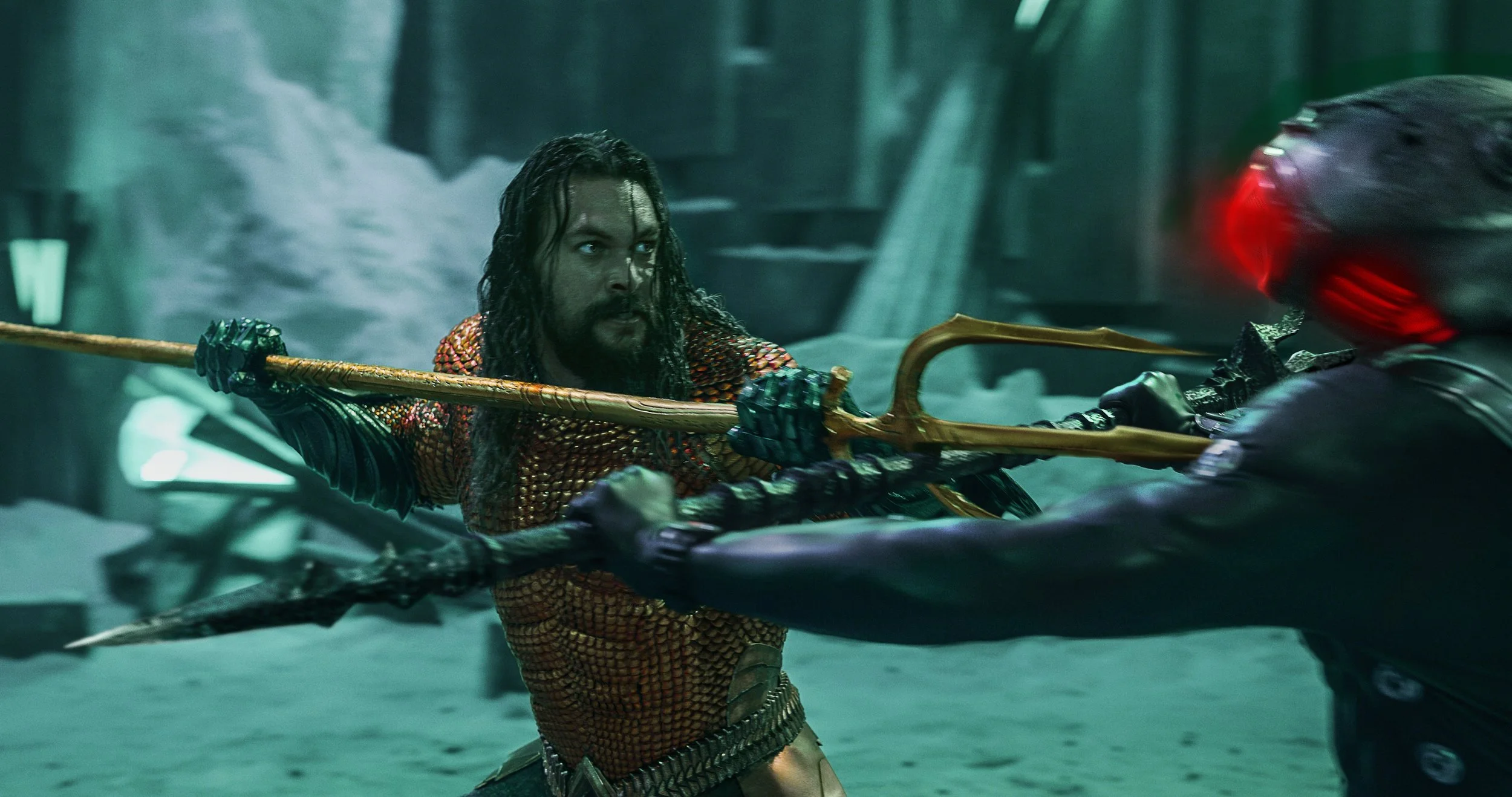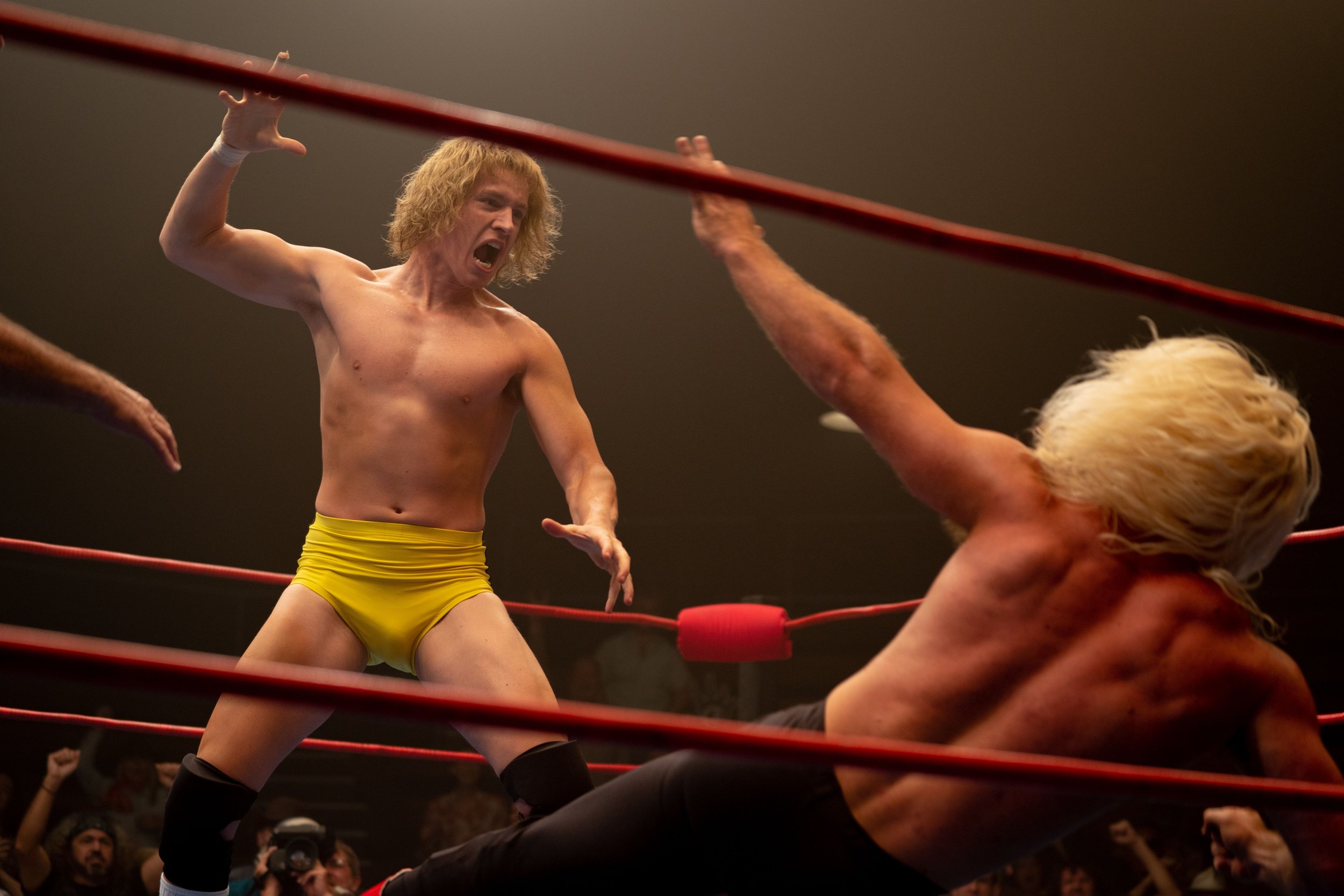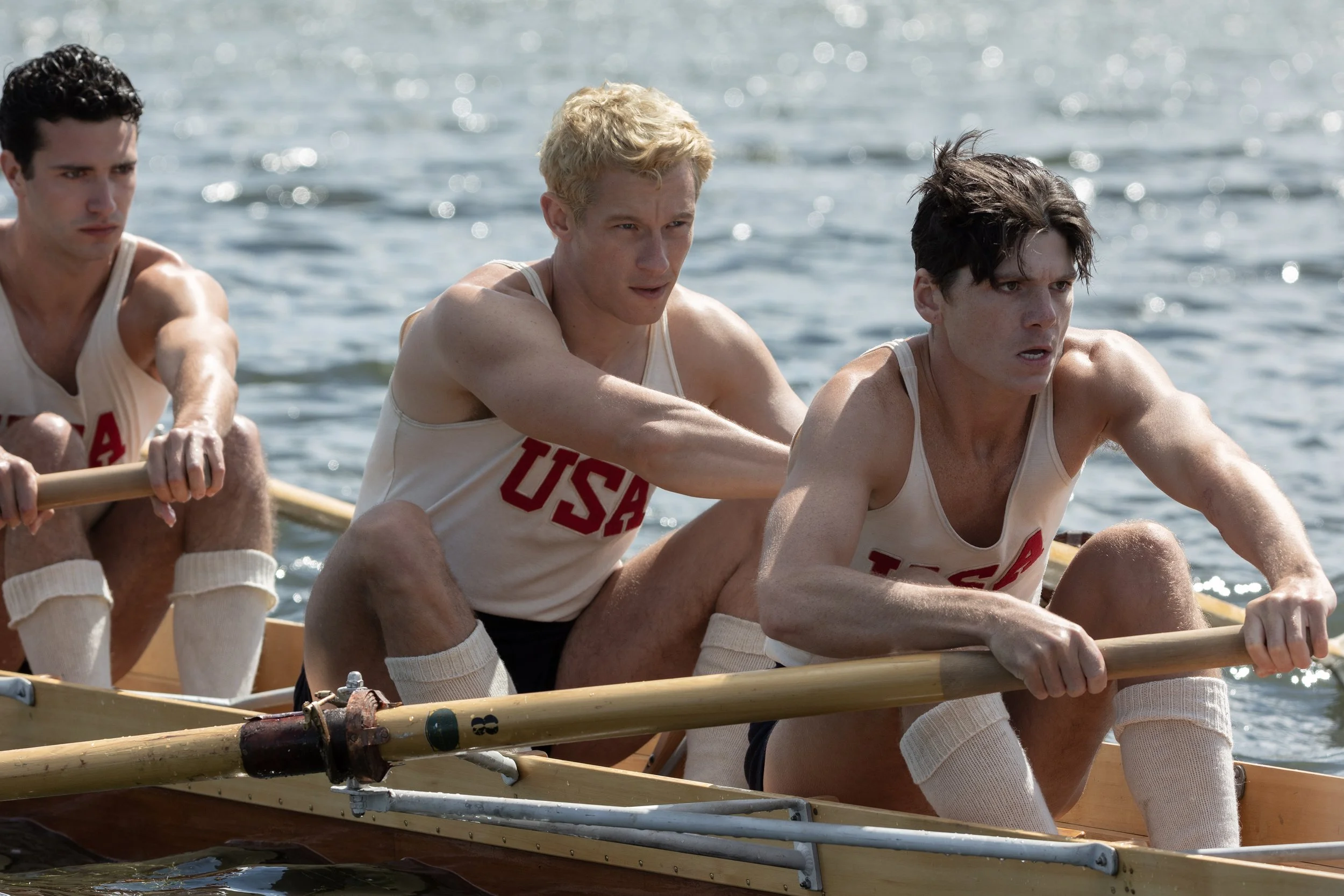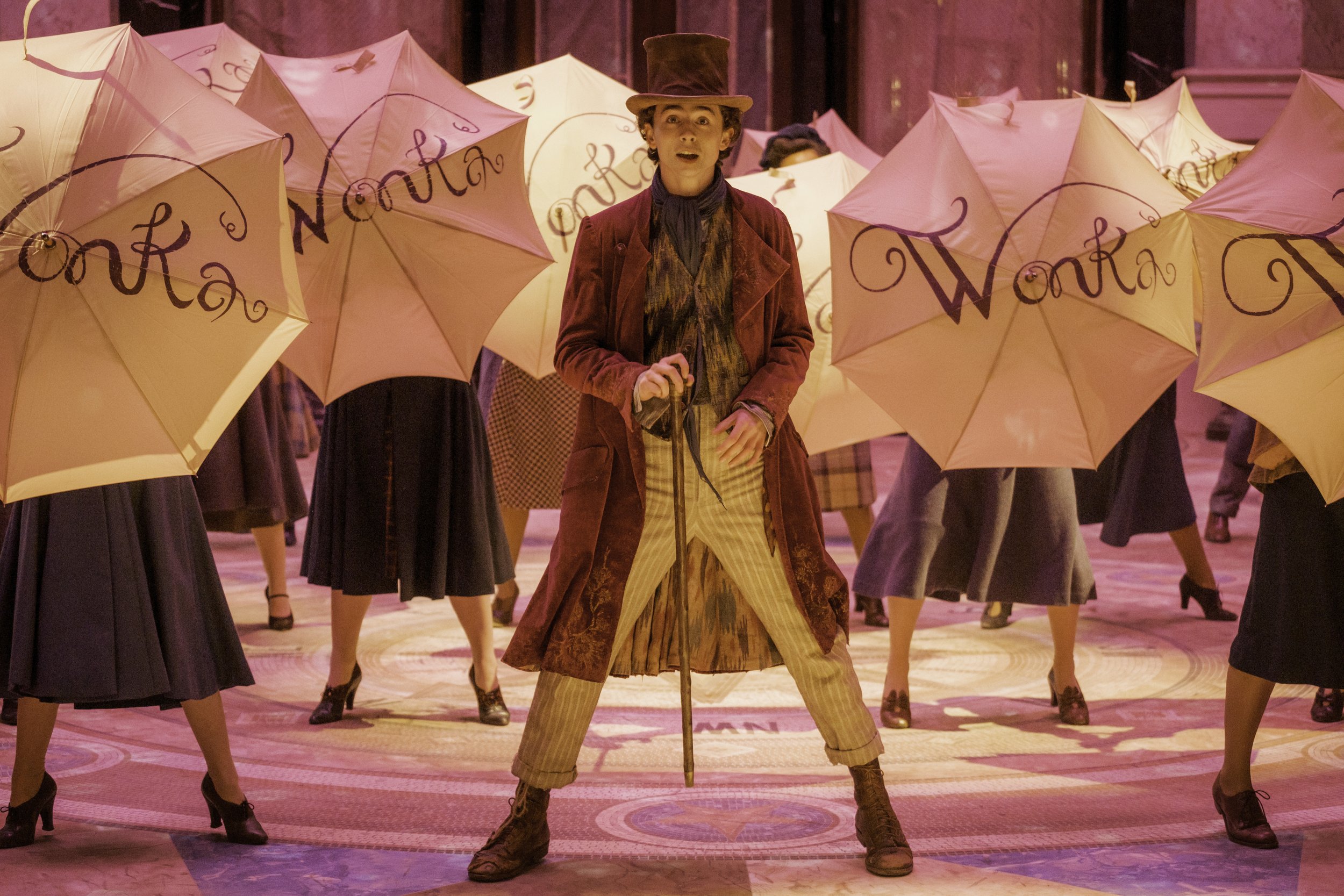Review: 'Aquaman and the Lost Kingdom' lets the old DC universe go out on a positive note, with a hunky and jokey Jason Momoa
Ten years and 15 movies later (16 if you count Zack Snyder’s re-edit of “Justice League”), the DC Extended Universe arrives at its apparent endpoint with “Aquaman and the Lost Kingdom” — and at least we’re going out with a laugh.
Director James Wan, who helmed 2018’s “Aquaman,” creates a fairly rousing spectacle, full of big action moments and serviceable special effects. But the biggest, most watchable effect of them all is Jason Momoa, a frat-boy comedian in the body of an undersea god.
In the five years since the last movie, Aquaman, aka Arthur Curry, has had some changes in his life. One is that he’s now the king of Atlantis, and finding the job is pretty boring — all greeting royal visitors and attending endless sessions with the Council of Atlantis, which won’t let him do any of the kingly things he wants to do, such as establish diplomatic relations with the surface dwellers who don’t know of Atlantis’ existence.
Even more important, though, is that Aquaman is a dad. He and his queen, Mera (Amber Heard), have a baby boy, Arthur Jr., who’s living on land — in part so Arthur’s landlocked dad (Temuera Morrison) can be called upon as a live-in babysitter while Aquaman is beating up pirates and being king.
Arthur learns that an old enemy has returned: David Kane, aka Black Manta (again played by Yahya Abdul-Mateen II). Kane is in search of an ancient Atlantean power that will restore his energy suit. He’s enlisted Dr. Stephen Shin (Randall Park), the hapless marine biologist who’s been searching for Atlantis, to help find this power source in Antarctica. Kane’s plan is to power up so he can take revenge on Aquaman, who allowed Kane’s father to die in the first movie.
Shin helps Kane find that power source: The Black Trident, a weapon of Atlantean myth. When Kane touches the trident, he becomes possessed by an ancient monster bent on reclaiming global power — using a long-banned Atlantean fuel that produces enough greenhouse gases to make global warming happen even faster. (Yes, Momoa — who shares story credit on the movie — is a not-so-secret eco-warrior. So that’s another reason to like him.)
After Kane’s first attack on Atlantis, using some stolen ancient Atlantean tech Shin found in Antarctica, Aquaman realizes the only way to beat Kane is to team up with the last person on Earth he wants to see again: His half-brother, Orm Marius (Patrick Wilson), with whom Aquaman battled for the throne in the first movie. Aquaman must bust Orm out of a desert prison — the first of many set pieces on the way to the big all-the-marbles battle at the movie’s conclusion.
The “we ain’t brothers and we ain’t friends” banter between Aquaman and Orm is pretty good, as action movies go, and Momoa and Wilson have some good buddy-comedy rapport. And it’s fun to see the gang back together, including Dolph Lundgren as King Nereus, Nicole Kidman as the retired queen Atlanna, and even Heard (whose role feels truncated here, possibly focus-grouped out of some big scenes). The weak spot here is the villain — Kane’s revenge motivation is dull, and the backstory to explain the ancient baddie who takes Kane over comes too late and is too sketchy to be interesting.
Watching “Aquaman and the Lost Kingdom” nearly made me wish director James Gunn and producer Peter Safran, who are now tasked with rebuilding DC’s movie fortunes from the ground up, would consider keeping Momoa around for future installments. He’s got the looks, the muscles and the charm of a happy-go-lucky superhero — it would be cool if somebody would just let him keep doing that.
——
‘Aquaman and the Lost Kingdom’
★★★
Opens Friday, December 22, in theaters. Rated PG-13 for sci-fi violence and some language. Running time: 124 minutes.







